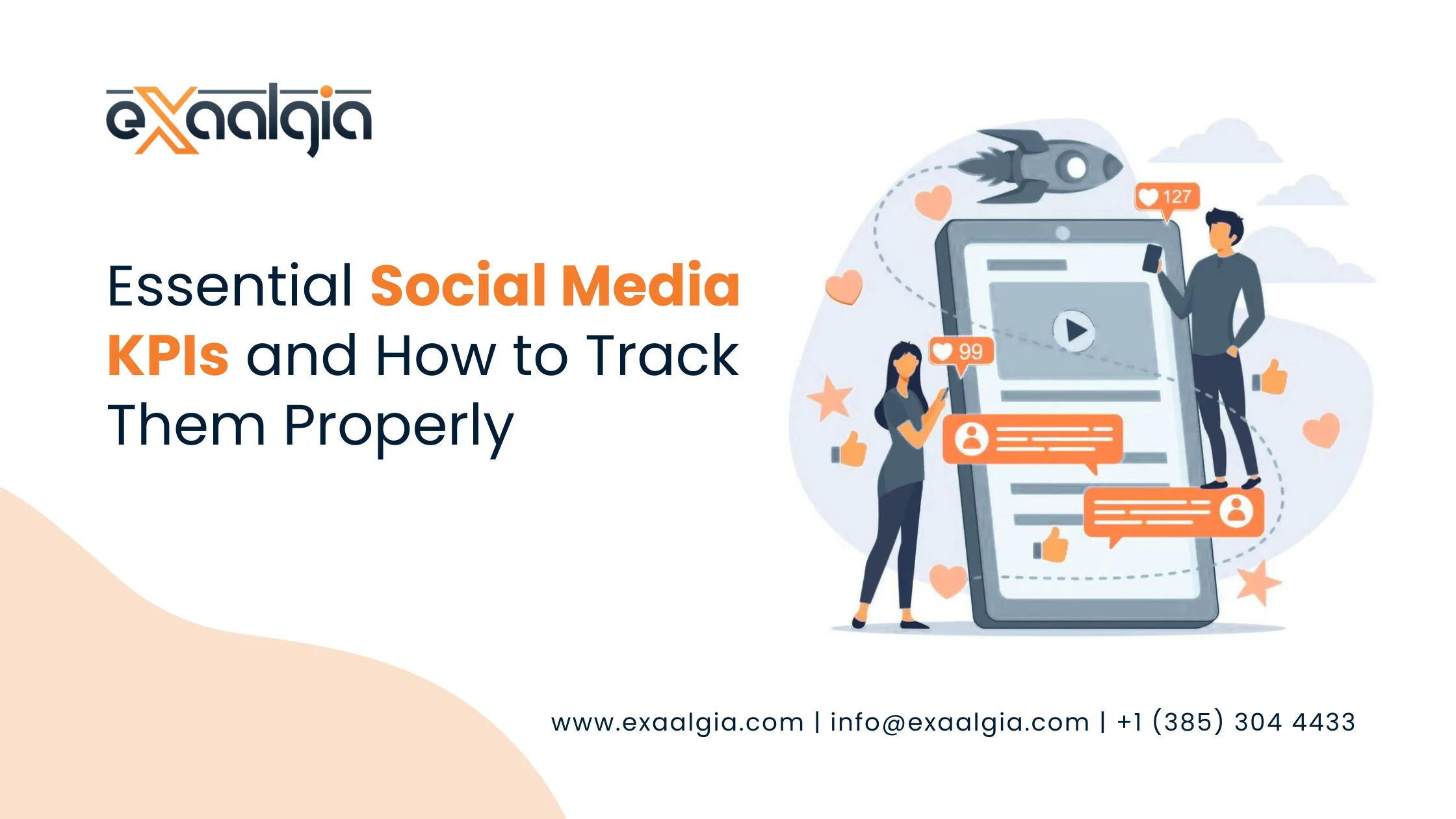This guide will walk you through everything you need to know about related keywords, what they are, why they matter, how to find them, and the best way to use them naturally.
What Are Related Keywords?
Related keywords are words or phrases closely connected to your main keyword, either as synonyms, variations, or conceptually linked terms.
For example, if your primary keyword is digital marketing services, related keywords could include:
- Internet marketing agency
- SEO and PPC services
- Social media campaigns
- Online marketing solutions
By incorporating these terms naturally, you signal to search engines that your content covers a topic in depth, helping your page rank for multiple search queries.
You can also explore our guide on keyword research strategies to learn more about identifying primary and secondary keywords.
Why Related Keywords Are More Powerful Than You Think
Years ago, SEO meant repeating your target keyword several times throughout a page. That no longer works.
Today, search engines use semantic search and natural language processing to understand context. When your content includes related keywords, it tells Google that you’re providing a comprehensive answer to a searcher’s question.
Benefits of Related Keywords
Broader Ranking Opportunities: Your page can rank for multiple related search terms.
Improved Content Relevance: Search engines see your content as more helpful and complete.
Enhanced User Experience: Readers find different aspects of their query answered in one place.
Voice Search Optimization: Related phrases make your content more conversational, aligning with voice searches.
For more insights, check out our blog on Google Ranking Factors.
Different Types of Related Keywords
Understanding the types of related keywords helps you plan your SEO strategy effectively.
1. Synonyms
Synonyms are words with similar meanings to your main keyword. For instance:
Main Keyword: Buy shoes online
Synonyms: Purchase footwear online, order shoes from the internet
2. Variations
Variations are different forms of your keyword.
Example: Digital marketer, digital marketing, marketing digitally
3. Semantic or Contextual Keywords
These are conceptually connected terms that search engines associate with your main topic.
Example: For content marketing, related terms might include blogging strategy, content creation, editorial calendar
4. Long-Tail Keywords
Long-tail phrases are longer and more specific but closely related to your target keyword.
Example: Best SEO tools for small businesses
You might also like our guide on the SEO checklist to ensure you are covering all SEO fundamentals.
How to Find Related Keywords
You don’t need guesswork. With the right techniques and tools, you can quickly build a list of related keywords.
Google Autocomplete
Start typing your keyword into Google. The dropdown suggestions are real search queries, making them ideal related keywords.
People Also Ask and Related Searches
Google’s “people also ask” section and “related searches” at the bottom of SERPs provide natural ideas for expanding your keyword list.
Keyword Research Tools
Advanced tools like SEMrush, Ahrefs, and Google Keyword Planner can generate hundreds of related keywords with data on search volume, difficulty, and trends.
Competitor Analysis
Look at pages ranking for your main keyword. Analyze their headings and content to find commonly used related terms.
LSI Keyword Generators
Tools like LSI Graph or Ubersuggest specialize in finding semantically related keywords, helping you broaden content relevance.
For a step-by-step guide, explore our blog on backlink audits to see how competitor analysis can strengthen SEO strategies.
Crafting Your Content Using Related Keywords Naturally
Adding related keywords is not about stuffing them into every sentence. Instead, aim for natural integration.
1. Use in Headings and Subheadings
Include variations of your main keyword in H2 and H3 headings to signal topic coverage.
2. Add to Meta Tags
Incorporate related keywords in meta titles and descriptions to increase click-through rates and improve search visibility.
3. Address Different Search Intents
Some related keywords may indicate informational searches, others transactional. Address multiple user intents in your content.
4. Enhance Internal Linking
Use related keyword anchor texts to link between relevant pages on your website. This improves site structure and SEO authority.
Learn more about improving user experience with our web design and development services.
Impact of Related Keywords on Rankings
When used strategically, related keywords can directly improve your SEO performance:
- Search engines better understand your topic and rank you for more queries.
- Your page appears as a comprehensive resource, leading to higher engagement.
- Improved dwell time and reduced bounce rates signal quality to Google.
- Broader keyword coverage brings in diverse audiences, boosting leads and conversions.
Tools to Help You Discover Related Keywords
Here are some reliable tools to enhance your keyword strategy:
- SEMrush Keyword Magic Tool: Generates clusters of related keywords with metrics.
- Google Keyword Planner: Free tool offering keyword variations and search data.
- Ahrefs Keywords Explorer: Finds related keywords and provides SERP analysis.
- AnswerThePublic: Visualizes question-based keywords for long-tail opportunities.
- LSI Graph: Specializes in LSI keyword generation.
Step‑by‑Step Strategy to Implement Related Keywords
Your process starts by identifying your main topic. Then you generate a comprehensive pool of related keywords using tools like SEMrush’s Keyword Magic Tool, Google Autocomplete and PAA mining, competitor analysis, and LSI suggestion tools.
Next, group those terms by similarity or intent. For instance, cluster synonyms together, place question‑style queries in a “common questions” section of your content, and reserve long‑tail phrases for detailed sub‑topics.
Now integrate them. Write your content in a flowing narrative, but work in the grouped terms where they feel natural. Use related keywords in subheadings, explanatory sections, case study examples, and FAQs. Remember not to overuse any term, readability matters more than density.
Once published, monitor performance metrics with tools like Google Search Console or SEMrush’s Position Tracking. If some related keywords begin to bring traffic or show impressions you can refresh the content to reinforce those areas and capture more clicks.
Check out our digital marketing services page to see how we implement SEO strategies for clients.
Common Pitfalls to Watch With Related Keywords
Keyword Stuffing: Overusing keywords disrupts readability and can harm SEO.
Ignoring Intent: Related keywords should align with the purpose of the page.
Adding Irrelevant Terms: Only use variations that truly connect to your topic.
Neglecting Tracking: Without monitoring results, you can’t refine your strategy.
In modern SEO, related keywords are no longer optional, they are essential for comprehensive content that ranks well. By strategically identifying and integrating these terms, you can:
- Expand your keyword reach
- Improve topical authority
- Enhance user satisfaction
- Drive more qualified traffic
Start using related keywords today to stay ahead in search results and convert more visitors into customers.
FAQs
1. Are related keywords the same as LSI keywords?
Not exactly. Related keywords include synonyms, variations, and semantic phrases, while LSI keywords specifically refer to words search engines associate with your topic through semantic analysis.
2. How many related keywords should I include in one article?
Aim for 5–10 naturally placed related keywords, ensuring readability without over-optimization.
3. Can related keywords improve voice search optimization?
Yes. Voice searches often use conversational phrases, which makes semantically related keywords highly effective.
4. Are related keywords useful in PPC campaigns?
Absolutely. Using related keywords in PPC ads improves ad relevance, Quality Score, and click-through rates.
5. Which tool is best for finding related keywords?
SEMrush, Ahrefs, and Google Keyword Planner are top choices for finding and analyzing related keywords.







